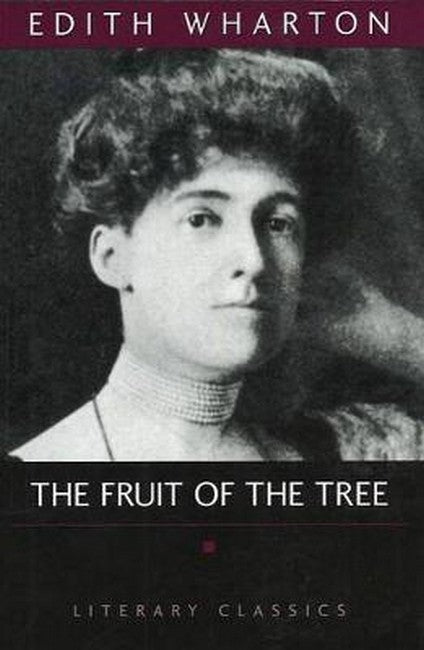EDITH NEWBOLD JONES WHARTON was born into an aristocratic, socially prominent family in New York City on January 24, 1862. Her parents, George and Lucretia Jones, were descendants of successful English and Dutch colonists who had made fortunes in ship-ping, banking, and real estate, which allowed them to live on their inherited wealth. Edith had two older brothers named Frederic and Harry who were twelve and sixteen years when she was born. As a child she was schooled by private tutors and governesses at home in the United States and in Europe, where the family lived for six years after the American Civil War. Returning to New York at the age of ten, young Edith enjoyed the privilege of using her father's extensive library and read extensively. She made up stories that were acted out for her nanny. After making her debut in society in 1879, Edith married Teddy Wharton, a wealthy Boston banker twelve years older than she, in 1885. With homes in New York, Rhode Island, and Massachusetts, they lived a life of relative ease. Although she had had a book of her own poems published at the age of sixteen, it was not until after she was married that Wharton began to write prolifically. She contributed a few stories and poems to Harper's, Scribner's, and other magazines throughout the 1890s, and in 1897 she collaborated with architect Ogden Codman Jr. on The Decoration of Houses. Her next two books, The Greater Inclination (1899) and Crucial Instances (1901), were collections of stories. Wharton's first novel, The Valley of Decision, was published in 1902. Her next book, The House of Mirth (1905), analyzed the stratified society in which she had been raised and its reaction to social change. The book was critically acclaimed and won her a wide audience. Over the next two decades she wrote such novels as The Fruit of the Tree (1907), The Reef (l 912), The Custom of the Country (1913), Summer (l 917), and The Age of Innocence (1920), a depiction of upper-class New York society in the 1870s that won a Pulitzer Prize. Wharton's best-known work is the narrative Ethan Frome (1911 ), which explores the grim realities of the New England farm life she had observed from her comfortable home in Lenox, Massachusetts. Wharton lived almost exclusively in France after 1907. She divorced her husband in 1912, after discovering that he had taken money from her to support a mistress in Boston. She never remarried. During World War I, Wharton wrote reports for American newspapers. She assisted in organizing the American Hostel for Refugees, and the Children of Flanders Rescue Committee, taking charge of six hundred Belgian children who had to leave their orphanage at the time of the German advance. Among her later novels are Twilight Sleep ( 1927), Hudson River Bracketed (1929), and its sequel, The Gods Arrive (1932). An autobiog-raphy, A Backward Glance, was published in 1934. Edith Wharton continued to write until a stroke took her life on August 11, 1937. She is buried in the American Cemetery at Versailles.

